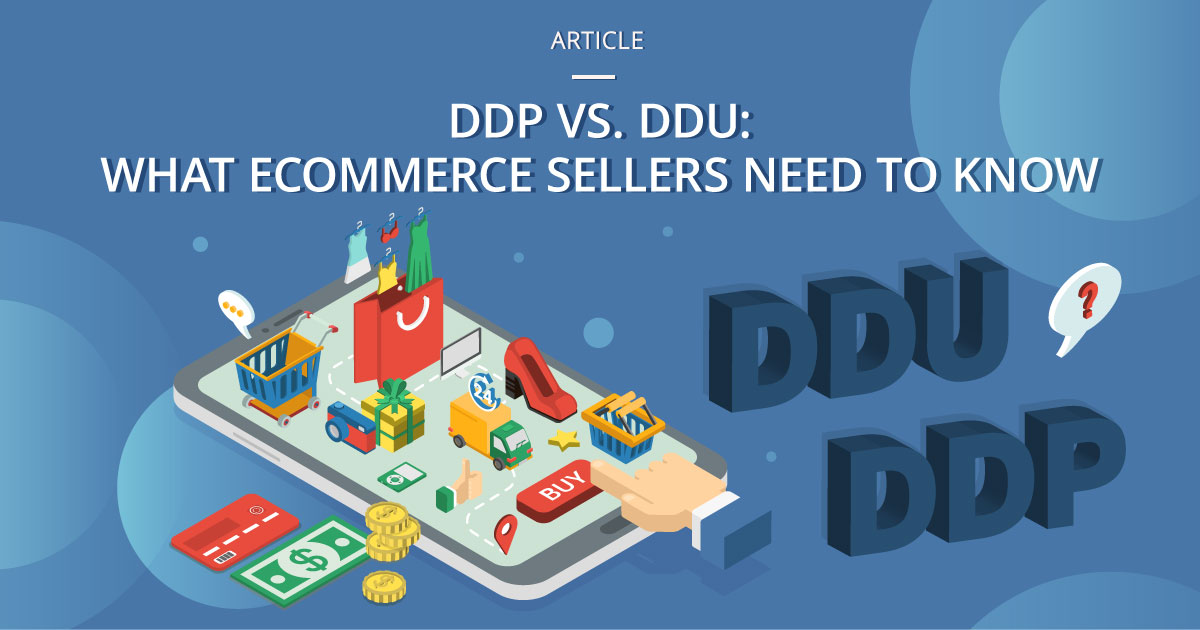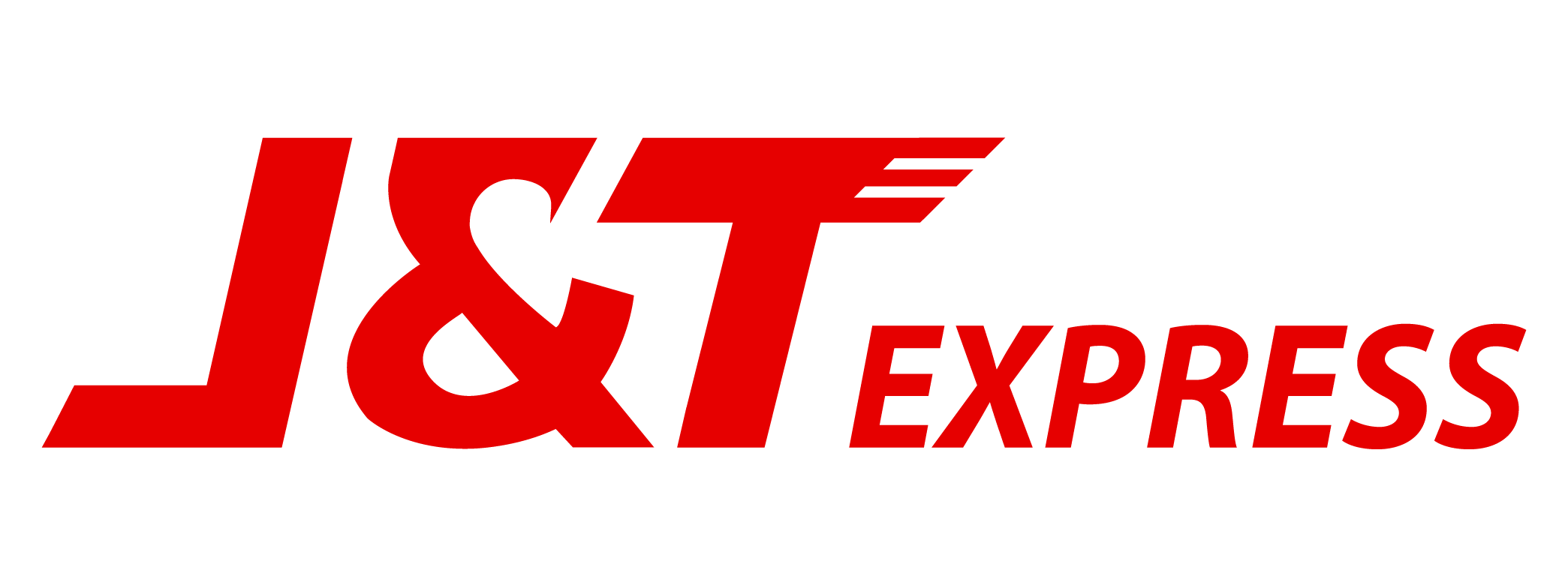Everyone working in eCommerce has a lot on their hands. They must ensure that they’re offering their customers only the best, from developing high-quality products to designing a compelling unboxing experience.

But international sellers who have just begun doing cross border shipping and selling might be confused by several factors. Especially in Southeast Asia, eCommerce shipping and order fulfilment come with their own challenges, not to mention varying shipping time frames.
Then there’s customs. Online sellers will deal with unfamiliar customs terms and strict regulations, as well as the associated duties and taxes based on their parcels’ declared values. And speaking of those fees… who’s supposed to pay them, and how much should be paid so a parcel can be sent off to the customer posthaste?
These questions are answered by two options: Delivery Duty Unpaid (DDU), and Delivery Duty Paid (DDP).
Two specific Incoterms for eCommerce
International Commercial Terms or Incoterms are determined by the International Chamber of Commerce (ICC). They’re used to standardise logistics phrases and processes around the world. After all, importing and exporting is much easier when everyone uses a common lexicon.
DDP: Delivered Duty Paid
DDP describes a shipping method wherein the seller absorbs all costs. In other words, the delivery duty is already paid in full before the parcel gets shipped out.
Among the fees the seller will pay for in DDP are:
- Transport of goods
- Taxes on sales of goods (e.g., Value-Added Tax or VAT; Goods and Services Tax or GST)
- Customs clearance fees and customs declarations
- Import costs
- Documentation
- Handling expenses
- Local shipping
Basically, the seller accepts the responsibility of getting parcels through the authorities and onto the customer’s doorstep. If everything’s sorted out early on at customs, the imported goods can be released for distribution or fulfilment immediately.
In turn, customers don’t need to worry about anything other than being available to sign for or accept the parcel delivery; and they don’t take on any risks.
DDU: Delivered Duty Unpaid
DDU is the polar opposite of DDP. This acronym means two parties will pay corresponding fees. The seller pays only for a parcel’s packaging and shipping costs to the destination country. Any resulting customs clearance fees and other importation risks become the responsibility of the buyer—the ‘unpaid’ part of the equation.
Keep in mind that DDU is not an official Incoterm. If we’re talking specifics, the actual term used in international shipping is Delivered-at-Place (DAP). However, DDU remains widely used.
The buyer may be asked to shoulder the following:
- Licenses for importing goods
- Taxes, duties, and inspection costs
- Possible customs brokerage fees
- Parcel transport fees from customs to the buyer’s delivery address
The pros and cons of each shipping method
Before selling anything cross-border, know that both DDP and DDU involve two tricky topics in these markets (and eCommerce in general): money, and time. Here, every number counts, down to the last decimal or minute.
So when deciding between DDP or DDU, carefully weigh their upsides and downsides.
(Keep in mind that if you are selling on an eCommerce marketplace with third-party logistics or 3PL, you can use their existing networks and policies for cross border shipping. But if you’re handling your own eCommerce shipping, you’ll have to decide whether to use DDU or DDP for your international shipping, Asia or elsewhere.)
DDP
|
Pros |
Cons |
|
Reduces risk of product abandonment, poor product reviews, customer complaints, and/or return-shipping fees |
Couriers can take on customs clearance on your behalf—for a fee. This can be expensive, or be counted as a percentage of the product price |
|
Ensures that your shipment will clear customs and make it to your buyer with better customer experience |
More risk involved for the seller when clearance is delayed, storage is needed, or goods are damaged in transit |
In many cases, DDP provides a much better and more convenient experience for both parties. And though it is pricier, it offers notable immediate and long-term benefits. Customers enjoy a faster delivery and zero inconvenience overall, which in turn can lead to higher retention and satisfaction for sellers.
DDU
|
Pros |
Cons |
|
More affordable for the seller |
Customers may be shocked by customs fees |
|
Easier costing computation for sellers |
May lead to additional delays |
|
Customs brokerage fees can be much more expensive |
On one hand, DDU is more affordable for sellers. You might be able to win customers over with lower sticker prices on your website and eCommerce platforms. Again, it’s all about the numbers.
On the other hand, DDU can foster distrust when excited shoppers receive their summons from customs. Southeast Asian shoppers do much product research and price comparisons even before they visit an online store. The numbers on the screen are often expected to be the final figure at checkout. Add anything to that without prior warning and clear customer consent, and you’re in deep trouble.
Surprise fees or lengthy, drawn-out import processes can lead to:
- Abandoned shipments
- Negative customer feedback
- Lost online sales
- Additional costs for return shipments
Tips for handling DDP/DDU
Care is obviously needed for both DDP and DDU, but it doesn’t have to be a difficult decision for eCommerce sellers. There are a number of steps you can take to make your cross border shipping journey simpler.
Think regional
Pay attention to the basic differences in customs policies between Southeast Asian countries. Each will have their own guidelines for everything coming into their borders, from prohibited products to special goods restrictions. What’s okay in one country may not be in another—and this fine line can quickly shift your question from ‘DDP vs. DDU?’ to ‘Oh, that’s illegal?’.
Be aware of de minimis rates
Most Southeast Asian countries set a tax threshold for shipped parcels. A higher tax applies only if a parcel exceeds what’s called the de minimis value. This value matters in eCommerce because it impacts how many parcels sellers can ship overseas and for what price, and how much customers could pay once these reach customs.
For example, in Indonesia, shipments below US$75 are charged a tax of Rp. 20.000, or about S$2. But shipments above US$75 may be charged anywhere from 7.5% to 30% in taxes and fees.
|
Southeast Asian Country |
De Minimis Value* |
|
Indonesia |
USD 75 |
|
Malaysia |
MYR 500 |
|
Singapore |
SGD 400 |
|
Philippines |
PHP 1,000 |
|
Thailand |
THB 10,000 |
|
Vietnam |
VND 1,000,000 |
|
Brunei |
BND 400 |
Source: Global Express Association
*These values are effective as of November 2019. Please note that they may be subject to change.
Include DDP fees in your product prices
If you choose to offer DDP, you can offset some of the costs by including a portion of your processing fees in the price of a product, and another portion in your shipping fees. This distribution lessens the perceived added impact for customers.
For example, if a product costs S$500, DDP and processing fees cost S$20, and shipping costs, S$25, you can list the product for S$510, with an S$35 shipping fee.
Transparency is non-negotiable
This applies to both DDP and DDU.
You could also add your DDP fee to the customer’s shipping fees, but make sure to tell them why they’re paying more. You could include a note at checkout, on their purchase slip, or in a FAQ section to explain that the added fee ensures safe and timely parcel delivery.
As for DDU, again, you must get your customers’ acknowledgment and consent for those extra fees before processing their orders. They may feel bad about paying extra, but knowing they’re doing business with an honest online seller is reassuring for them.
Choose a logistics provider with clear pricing and DDP fees
Logistics partners may offer DDP as a value-added service or as an additional charge. Vet your logistics partner carefully; what may seem like the cheapest option may actually cost more thanks to hidden fees and surprise charges.
Want to go the extra mile for your customers (and cover DDP)? Select an eCommerce partner with a strong familiarity with the markets you serve. J&T Express boosts your eCommerce business by advising you on customs clearance; and operating in Singapore as well as Cambodia, Indonesia, Malaysia, the Philippines, Thailand, and Vietnam.
On the process side, J&T offers robust integrations with the region’s top eCommerce marketplaces. Most importantly, it is a true pro at handling online-store concerns such as operations, fulfilment, international shipping, and last-mile delivery.
Looking for a reliable partner for international eCommerce shipping?
Fill up the following form to get started.





